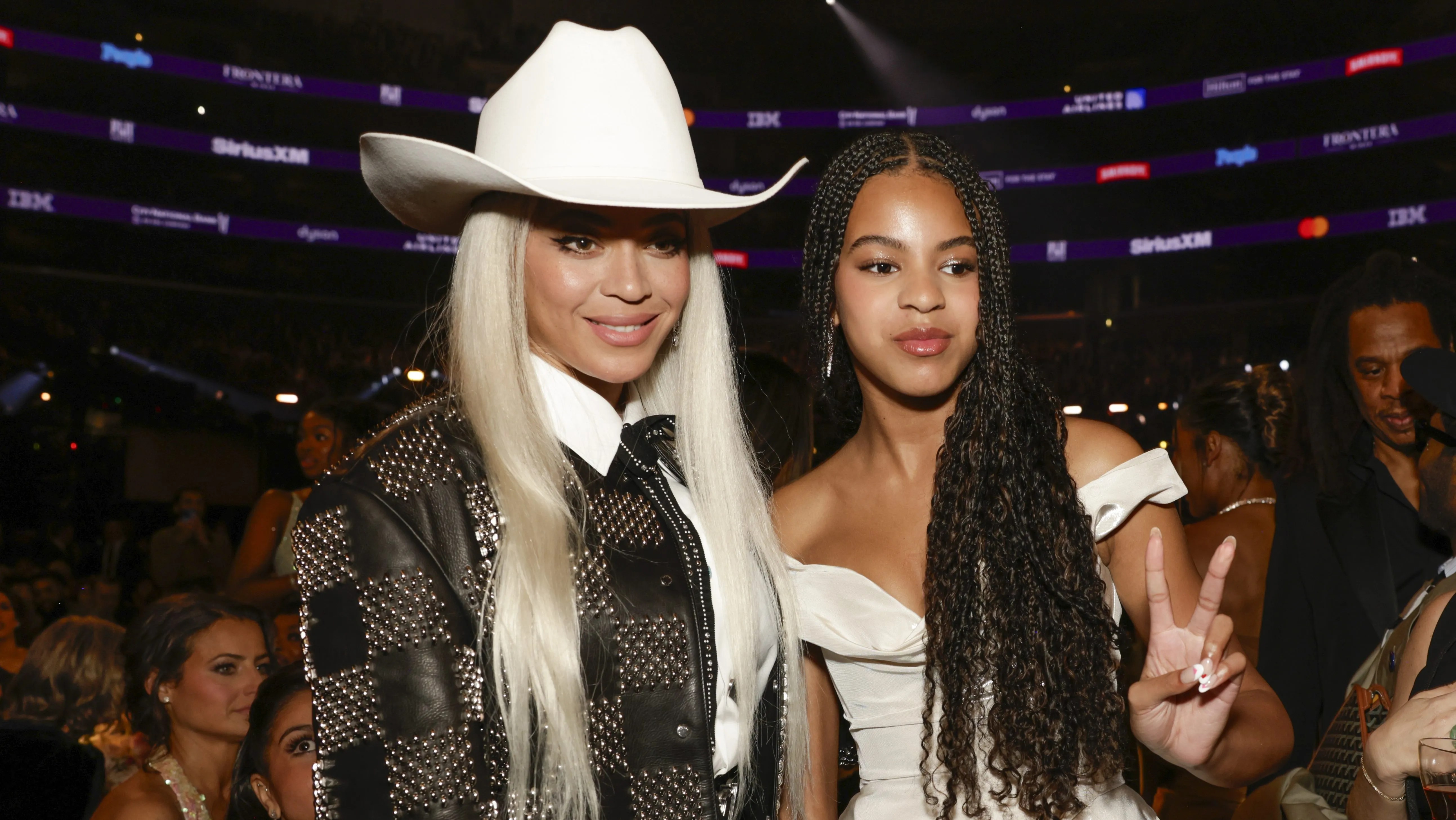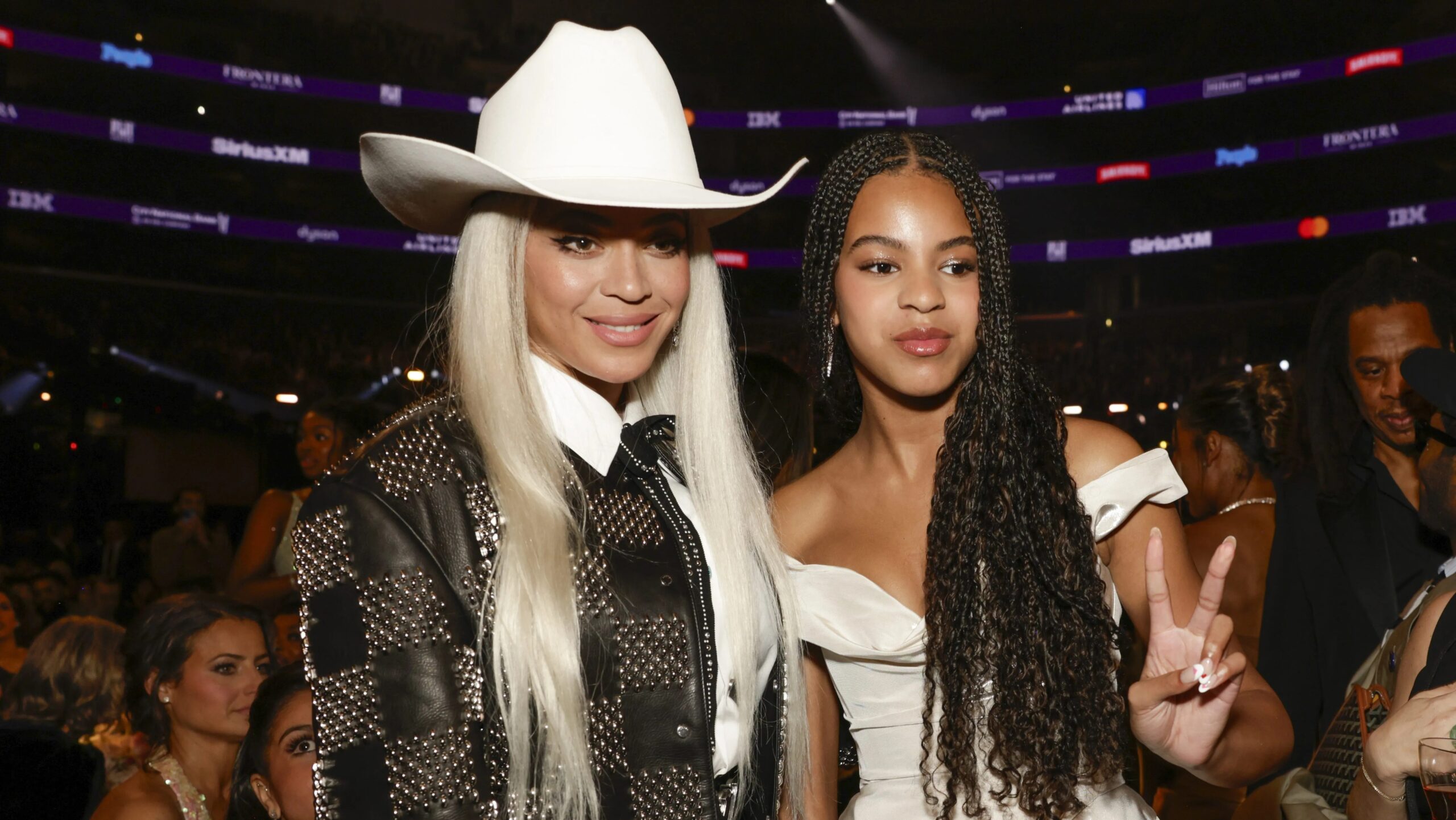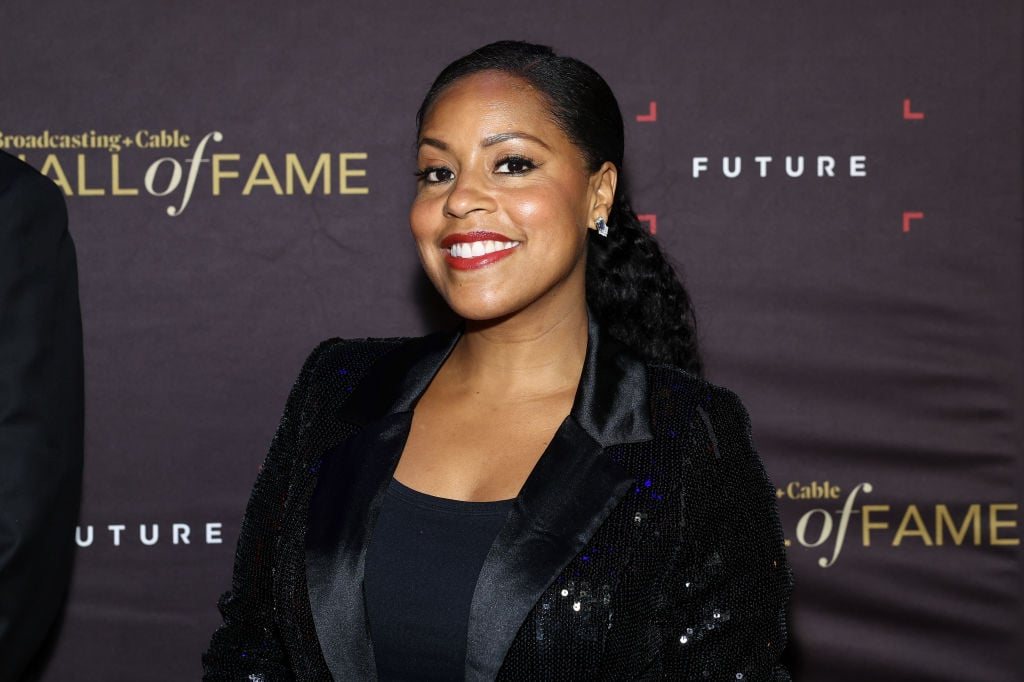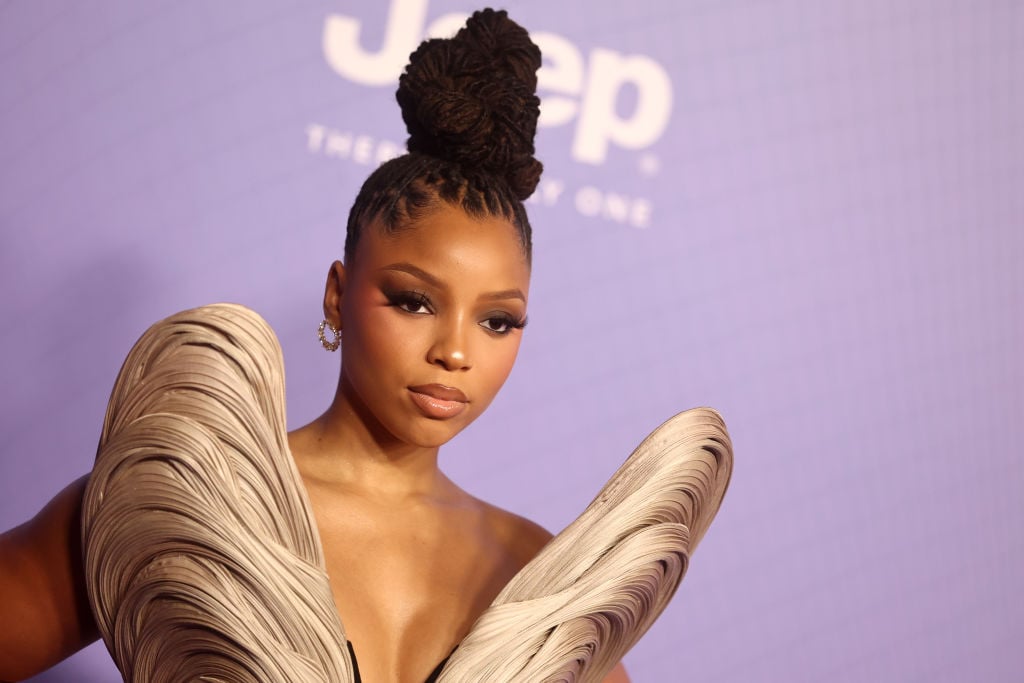
Beyoncé is serious about protecting her children’s images and likenesses. So much so, that shortly after giving birth to her eldest daughter, Blue Ivy Carter, in 2012, the superstar’s BGK Trademark Holdings LLC sent an application to the U.S. Patent and Trademark Office (USPTO) to register her daughter’s unique name as a trademark.
Now, over a decade later, the “Cowboy Carter” singer’s attorneys are still fighting to lock up the intellectual property rights of the now 12-year-old’s name. Last week, Beyoncé’s legal team reportedly filed a motion to the federal trademark office arguing against a ruling that claimed that consumers may confuse the child’s name with a clothing boutique in Wisconsin with the same name.
“No reasonable consumer would ever suffer any form of confusion when encountering the [store’s] logo, which is used with one small shop in Fish Creek, Wisconsin, an unincorporated community with a population of approximately 997 people,” Beyoncé’s attorneys said in a statement, per Billboard. “Nor would a reasonable consumer encounter the ‘Blue Ivy Carter’ mark and conclude that the famous Carter family had teamed up with a small shop in rural Wisconsin to launch a clothing line.”
Beyoncé and Jay-Z’s decision to trademark their daughter’s name drew scrutiny to the celebrity couple. While some wondered if the parents planned to exploit their child, Jay-Z shut down those allegations in a 2013 interview with Vanity Fair, revealing that it was merely a preventative measure.
Recommended Stories
“People wanted to make products based on our child’s name, and you don’t want anybody trying to benefit off your baby’s name,” he told the publication at the time. “It wasn’t for us to do anything; as you see, we haven’t done anything.”
“First of all, it’s a child, and it bothers me when there’s no [boundaries]. I come from the streets, and even in the most atrocious shit we were doing, we had lines: no kids, no mothers — there was respect there. But [now] there’s no boundaries,” he continued. “For somebody to say, This person had a kid — I’m gonna make a f***in’ stroller with that kid’s name. It’s, like, where’s the humanity?”
In addition to the Wisconsin boutique, the couple has faced a number of roadblocks since trying to secure this trademark over the years. Initially, their application was disputed by Veronica Morales, a woman running a lifestyle event-planning company under the trademarked name “Blue Ivy.” Though the USPTO rejected her complaints ruling that the two were “so dissimilar that confusion is unlikely,” Beyoncé’s application was deemed abandoned last year when the star’s legal team failed to move forward following the ruling.
Submitting a new application in November 2023, the Cécred owner’s attorneys faced another issue when a trademark examiner noted a confusing similarity between the child’s name and the boutique in Wisconsin. While the clothing boutique never filed a complaint, USPTO used its existence as a reason to deny the star’s application.
“Since the moment she was born, [Blue Ivy] has resided in the American public’s conscience and thus … the consuming public would associate her with a trademark bearing her name,” BGK attorneys added. “The parties each exist and thrive in their own separate worlds and can continue doing so into the future.”





